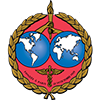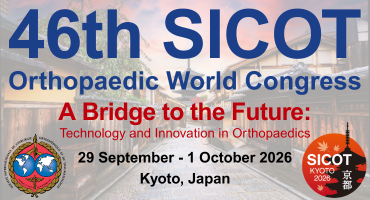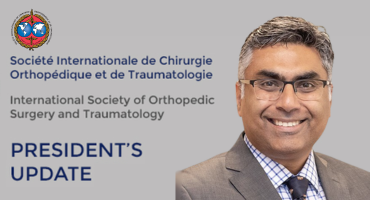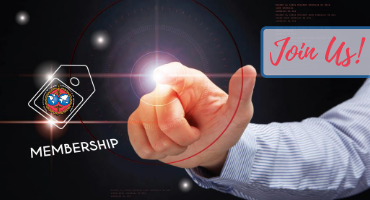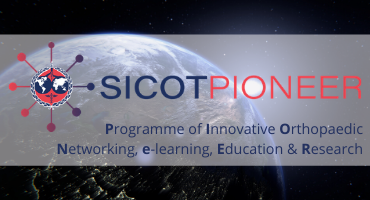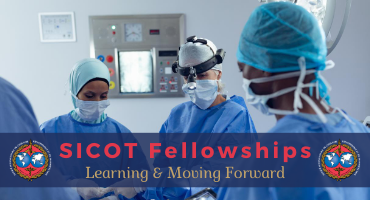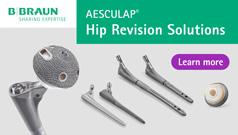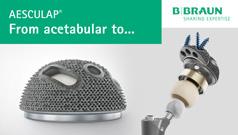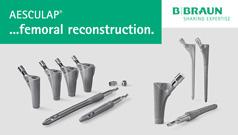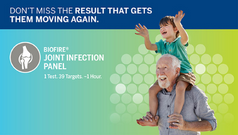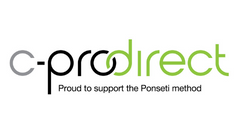Special Issue
Surgeons vs. Medics: What Speciality Drinks Coffee The Most?
 Aju Boscu - Tamilnadu, India
Aju Boscu - Tamilnadu, IndiaSICOT Young Surgeons Committee Member & Associate Member
As I sat in my couch on a cold winter night after a tiring day’s work, I took a sip of the “Black elixir” from my favourite mug (the fourth for the day), to keep my neurons energized and firing. Being an orthopaedic surgeon and a coffee aficionado, I wondered how to find the unbiased answer to this question, as I got lured by its scintillating caffeinic aroma that filled the room air.
“What speciality drinks coffee the most?”
A 2010 survey found doctors and nurses to be the most dependent of all professions on coffee to do their job well1. A thorough search of the literature revealed that published data on the amount of coffee consumption among the different medical specialities is scarce. An observational study on the coffee purchasing patterns of 766 doctors belonging to different medical specialities revealed that 84% of doctors consumed coffee at work. There was a significant association between speciality and yearly coffee purchasing pattern. Surgeons purchased more “black elixir” per person per year compared to other specialities. This could probably be due to their physically and mentally demanding work culture, requiring prolonged wakefulness and constant vigilance. Of all specialities, orthopaedic surgeons purchased the most coffee per person per year (189, SD 136) followed by radiologists (177, SD 191) and general surgeons (167, SD 138). Anaesthetists consumed the least coffee at work2. A study on German surgeons revealed that the lifetime, past-year, past-month and past-week prevalence for coffee use was 66.8%, 61.9%, 56.9% and 50.5% respectively3. Sitting in front of the computer screens for long periods can be tiring for radiologists who seek regular caffeine boosts to revitalise their spirits and improve their performance. Male sex and a higher hierarchical position were associated with more coffee purchase2.
Being a Surgeon – an “all encompassing” job
Being a surgeon is an “all encompassing” job. The day-to-day life of a surgeon is very different from that of other specialities. Compared to physicians, surgeons have more demanding workloads leading to mental and physical exhaustion, fatigue and sleep deprivation, which may impact personal well-being, compromise work performance and ultimately patient safety4. The life of a physician is less frequently fraught with crisis situations than surgeons and physicians more often have the time to think, pause and act. Unlike surgeons, physicians enjoy the privilege of not having to endure the stress of planning and executing a surgical exercise and the even more exorbitant stress of waiting eagerly for the patient’s recovery, especially in the post-operative period. Hence, surgeons need to keep up their levels of alertness during long surgical procedures and afterwards, maintaining constant vigilance and providing high level of patient care during those long shifts.
Effect of stress on surgeons’ performance and patient safety
Although technical skill is a sine qua non of a good surgeon, technical prowess should be accompanied by non-technical skills such as planning, long-term concentration, risk evaluation, team work, communication skills and decision making. In fact, safe surgical practice requires a combination of those technical and non-technical skills. Studies have shown that stress impairs both sets of skills, more significantly a surgeon’s non-technical skills which are the key attributes to a safe and successful surgical practice. Extremely difficult working conditions for surgeons (night shifts, long working hours and heavy workload) may also result in technical errors during surgery due to reduced vigilance5,6.
Neurocognitive enhancement of surgeons
The adverse effects of sleep deprivation and excessive workload need to be mitigated to avoid medical errors and ensure patient safety. Although fraught with ethical implications, pharmacological neurocognitive enhancement of surgeons has potential benefits like fatigue amelioration, increased attention span and enhanced decision-making7. Unlike other drugs linked to substance abuse, the use of coffee and caffeine is legal and can be used safely for neurocognitive enhancement of surgeons. However, surgeons must be aware of its potential health benefits and risks. The fatigue management strategy of Queensland Health, Australia suggests the “strategic use of caffeine” to revitalise tired and overworked doctors8.
Coffee to the rescue
Surgeons have to counteract sleep deprivation, fatigue and concentration deficits to reduce medical errors. Coffee may be the fuel that keeps surgeons buzzing all day and night. Surgeons often use caffeinated substances to cope with fatigue. Daily caffeine boosts are the norm for many surgeons to get through the day. Studies have shown that caffeine is effective in boosting psychomotor and cognitive skills, especially in people subjected to prolonged wakefulness and sleep deprivation9. Agarwal and colleagues reported pro-cognitive effects of caffeine in sleep-deprived surgeons, which restored simulated laparoscopic performance to rested levels. However, a reduction of medical errors could not be demonstrated10. The most prevalent reasons for the excessive use of coffee by surgeons are to reduce fatigue (54.3%), work nightshifts (32.2%) and to get over long working hours (31.7%)3. Studies have shown that caffeine use is commonly associated with lower age, male sex, divorced marital status, living with children, lack of satisfaction with professional status, pressure to perform in private life, and pressure perceived to be harmful to one’s own health3.
Conclusions
Doctors top the list of professionals who drink coffee the most. Among doctors surgeons are the ones that are most dependent on coffee to get them through the day. Of all specialities, orthopaedic surgeons purchased the most coffee per person per year, followed by radiologists and general surgeons. Over the years, the “Black elixir” has become a quintessential element of the surgeons’ work culture, keeping them buzzing actively all through their strenuous workdays. The arduous work culture, high-stakes decision making and litigious practice environment of surgeons contribute to a lot of physical and mental stress. Effective management of stress is a vital aspect of modern surgical practice to ensure optimal surgeon performance and enhanced patient safety. “Coffee”, the “black elixir” may be the ideal solution, for now until we find a better one.
- CareerBuilder. CareerBuilder and Dunkin’ Donuts survey finds which professions need coffee the most. http://goo.gl/HBx8M3
- Giesinger K, Hamilton DF, Erschbamer M, et al. Black medicine: an observational study of doctors’ coffee purchasing patterns at work. BMJ 2015;351:6446
- Franke AG, Bagusat C, McFarlane C, et al. The use of caffeinated substances by surgeons for cognitive enhancement. Ann Surg 2015;261:1091-5
- Arora S, Sevdalis N, Nestel D, et al. The impact of stress on surgical performance: a systematic review of the literature. Surgery 2010;147:318-330,330.e1-e6
- Ramirez AJ, Graham J, Richards MA, et al. Mental health of hospital consultants: the effects of stress and satisfaction at work. Lancet. 1996;347:724–728
- West CP, Tan AD, Habermann TM, et al. Association of resident fatigue and distress with perceived medical errors. JAMA. 2009;302:1294–1300
- Warren OJ, Leff DR, Athanasiou T, et al. The neurocognitive enhancement of surgeons: an ethical perspective. J Surg Res. 2009;152(1):167-72
- Queensland Government QH. Queensland health fatigue risk management system resource pack.
- Beaumont M, Batejat D, Coste O, et al. Recovery after prolonged sleep deprivation: residual effects of slow-release caffeine on recovery sleep, sleepiness and cognitive functions. Neuropsychobiology. 2005;51:16–27
- Aggarwal R, Mishra A, Crochet P, et al. Effect of caffeine and taurine on simulated laparoscopy performed following sleep deprivation. Br J Surg. 2011;98:1666–1672
